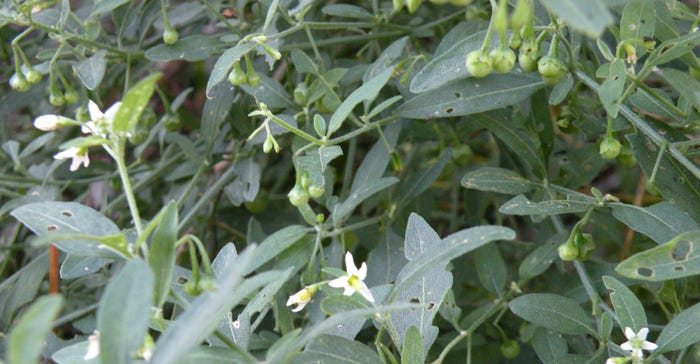
Do you know what toxic weeds might be lurking in your hay or pastures? Scouting is the No. 1 way of figuring out what’s growing, but you should know what you’re looking at.
With the help of Penn State Extension, Cornell Cooperative Extension and University of Vermont Extension, American Agriculturist has accumulated a list of some of the most toxic weeds and plants that might be growing in your pastures right now.
These bad weeds are often unpalatable to livestock, but when it’s hot and dry, and pastures are either overgrazed or looking bare, animals won’t hesitate to at least have a look and maybe take a bite or two.
Penn State Extension recommends that if you have hay from a field that has weeds you believe are poisonous, the first thing to do is to keep that hay separated from the rest of your supply. Once it’s mixed with the rest of the feed, it will be impossible to separate. There is not only the concern of feeding the weed to your livestock, but also introducing that seed into a new area of your operation through feeding or manure.
Click through the slideshow to get a look at the top nine potentially toxic weeds in hay and pasture, along with recommendations on control.
A disclaimer from Penn State: This paper is not intended to be a substitute for veterinary medical advice, diagnosis or treatment. Always seek the advice of a licensed veterinarian, or other licensed or certified veterinary medical professional with any questions you may have regarding a veterinary medical condition or symptom.
About the Author(s)
You May Also Like






